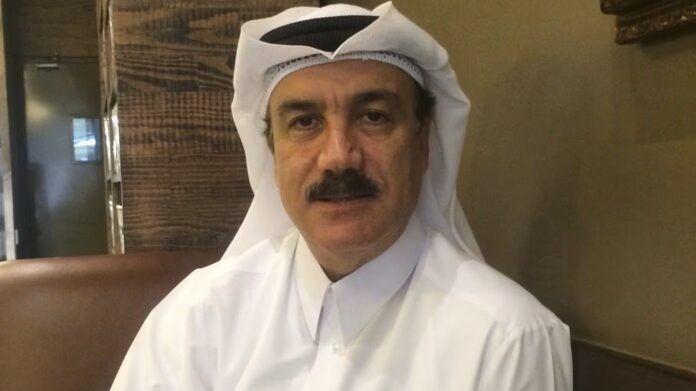The Qatar Baha’i leader sentencing has attracted international attention. A court sentenced Remy Rowhani, head of the country’s small Baha’i community, to five years in prison. Authorities say the charges relate to social media posts that allegedly cast doubt on the foundations of the Islamic religion. Rowhani, 71, has been detained since April.
A three-judge panel from Qatar’s Supreme Judiciary Council issued the verdict. They rejected a defense request for leniency, despite arguments about Rowhani’s heart condition. Prosecutors claimed that posts on the Baha’i community’s X and Instagram accounts promoted beliefs conflicting with Islamic teachings.
Saba Haddad, the Geneva representative of the Baha’i International Community to the United Nations, condemned the ruling. She described it as a serious violation of the right to freedom of religion or belief. Haddad called it an attack on both Rowhani and the Baha’i community in Qatar. In a post on X, she urged the international community to press Qatar to follow international law and release Rowhani immediately.
The Qatari International Media Office responded to the criticism. Officials stated that the constitution protects the right to worship for all. However, they stressed that this right must follow the law and avoid threatening public security. They added that Qatar’s legal system ensures due process and legal representation without discrimination.
The Qatar Baha’i leader sentencing came two weeks after UN human rights experts raised concerns about Rowhani’s arrest. They also linked it to a broader pattern of unequal treatment toward the Baha’i minority in Qatar. The experts argued that peaceful religious activity on social media cannot be criminalized under international law.
Rowhani previously served as head of Qatar’s Chamber of Commerce. He had faced earlier accusations related to his role in the Baha’i National Assembly. The latest charges involve posts about Qatari holidays and Baha’i writings.
His daughter, Noora Rowhani, speaking from Australia, called the verdict shocking. She expressed fear that her worsening eyesight might prevent her from ever seeing her father again.
Overall, the Qatar Baha’i leader sentencing has become a major human rights issue. It has fueled debate over religious freedom, legal protections, and the treatment of minority groups in Qatar.


